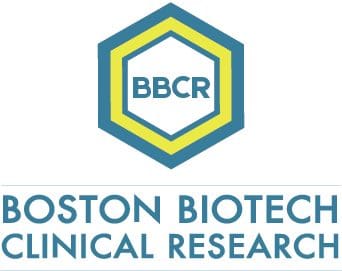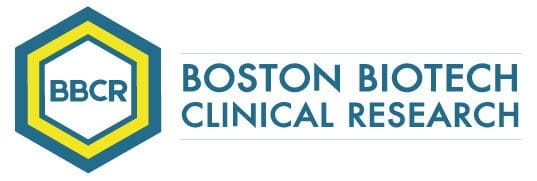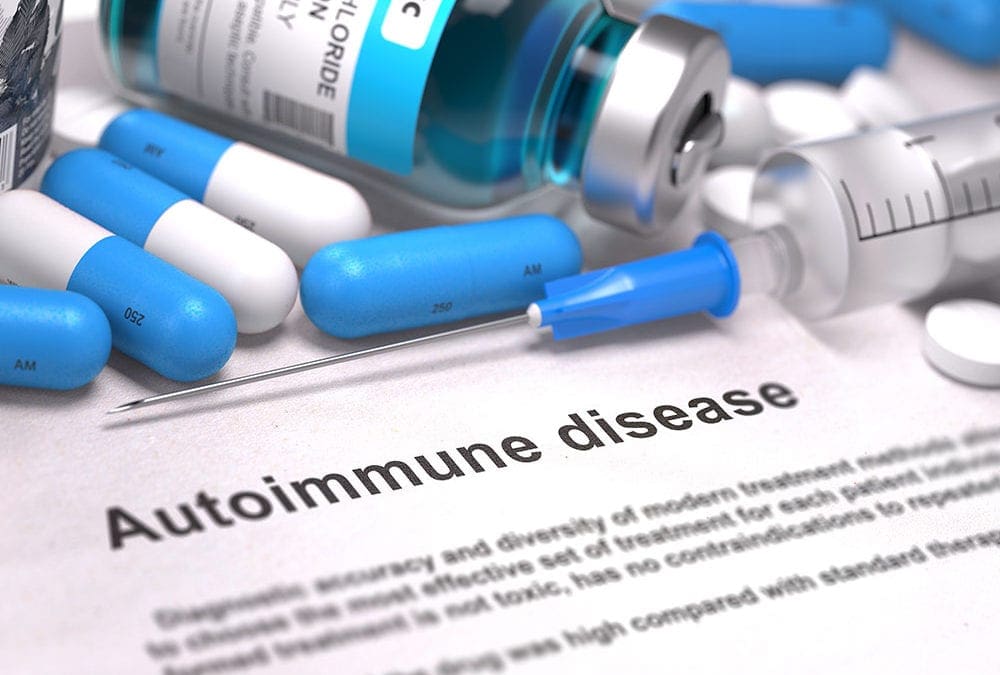Autoimmunity occurs when the body is unable to differentiate “self” from “non-self” which results in overactive immune response against own cells and tissues.
Autoimmune diseases affect 5 %-8% of the population; 78% affected are females.
Low level autoimmunity is normal. Over 80 conditions linked to autoimmunity have been identified and 15 diseases directly linked to autoimmune response.
Both antibodies and effector T cells can be involved in the damage in autoimmune diseases.
There is organ specific immune response in which antigen(s) the target organs that are damaged. Also, non-organ specific antibody is directed against an antigen not associated with the target organ

Presently, three theories have provided explanation the loss of immunological tolerance:
- Clonal Deletion Theory: self-reactive lymphoid cells destroyed during development of immune system
- Clonal Anergy Theory: self-reactive T or B cells become inactivated
- Idiotype Network Theory– network of antibodies capable of neutralizing self-reactive antibodies exist naturally within the body
Genetic predisposition and environmental factors may be responsible of:
- T Cell Bypass– The requirement of T cells to activate B cells in order to produce large amounts of antibodies is bypassed
- Molecular Mimicry– An exogenous antigen shares structural similarities with host antigen and when an antibody is produced, it can bind to host antigen
- Idiotype Cross Reaction– A cross reaction between the idiotype (molecule recognized by antigen) on an antiviral antibody and a host cell receptor for the virus in question
- Cytokine Dysregulation– Certain cytokines have a role in the prevention of the exaggeration of pro-inflammatory immune response
- Dendritic Cell Apoptosis– Defective dendritic cells can lead to inappropriate systemic lymphocyte activation and a decline in self tolerance
Diagnosis is difficult, it is often based on symptoms and detection of antibodies:
- Antibodies against cell/tissue associated antigens are detected by immunofluorescence
- Antibodies against soluble antigens are normally detected ELISA or radioimmunoassay
Treatment immune suppression
- Reduce the activation or efficacy of the immune system
- Leaves body very vulnerable to opportunistic infections
- Also used to prevent the body from rejecting an organ transplant
Treatment anti-inflammatory
- Remedy pain by reducing inflammation
- Steroidal
- Glucocorticoids- regulate gene transcription
- Bind to cortisol receptors
- Nonsteroidal
- Counteract cyclooxygenase enzyme
- Ibuprofen, aspirin, naproxen
Treatment Modifying Drug
- Improve symptoms
- Alter disease course
- Improve radiographic outcomes
Clinical Plan in Autoimmune diseases is further complicated by the:
- Crowded marketplace for many of these indications
- Patients entering clinical trials after they have failed several treatments
- Very competitive patient recruitment
Do you have experienced these and/or other challenges in Autoimmune Drug Development?

Specializing in rare disease, Boston Biotech Clinical Research works with biotech, pharmaceutical, device companies and investors to streamline the clinical trial process. Our experienced team helps each client reach their specific goals by customizing a clinical and regulatory road map of simplified programs and streamlined protocols to meet our clients’ requirements.

